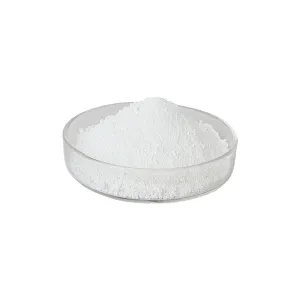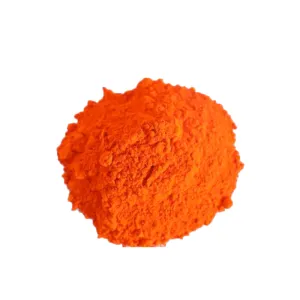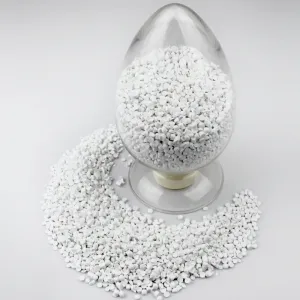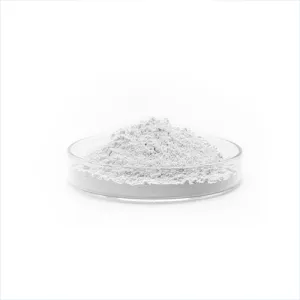Titanium has been the most widely used in the chemical industry since it was discovered. In the past 12 years, China's chemical industry has consumed more than 15000 tons of titanium every year.
Titanium reliable: titanium has higher strength and stronger working ability.
Don't underestimate the all-titanium drill pipe, this rod.
The specific strength of TA is 3.5times of stainless steel, 1.3times of aluminum alloy and 1.6times of magnesium alloy. It can withstand greater impact and pressure with the same weight.
The tensile strength of TA is also 1.5-2 times that of other alloy partners, so it is safer and more durable when drilling underground, and it is especially suitable for drilling under complex well conditions such as ultra-deep wells and short radius wells in Northwest Oilfield.
Development life, more and more complex structure wells, such as extended reach wells, short radius wells, old wells window sidetracking horizontal wells. Some difficult problems have been encountered in the application of conventional drill pipe in these complex structure wells. For example, in ultra-short radius horizontal wells, the borehole curvature is very small (& lt;18m), which makes the conventional drill pipe produce a lot of alternating stress. The fatigue fracture of drill pipe caused by alternating stress occurs from time to time, which brings great losses to the oil field. In order to solve these problems, foreign countries begin to develop titanium alloy drill pipe, aluminum alloy drill pipe and composite drill pipe to replace conventional drill pipe from new materials.
The laboratory proves that when the periodic stress is 30000psi-40000psi, the fatigue life of titanium is 10 times that of ordinary steel, and the elastic coefficient of titanium alloy pipe is about 16.5msi, which is better than that of steel drill pipe and is more suitable for wells with high curvature. At present, the economical titanium alloy drill pipe has been produced. The titanium alloy drill pipe made of Ti-6Al-4V is composed of upsetting at both ends and butt welding tool joints at both ends. The size of the titanium pipe meets the API standard and the length range is 2 or 3 specified in the API standard. In order to reduce the manufacturing cost, the tool joint is made of steel, the thread of the joint is run-in through the upper shackle, and the outer diameter of the joint is welded with wear-resistant belt. Titanium alloy drill pipe is also used in ultra-deep wells and extended reach wells. Due to the low density of titanium alloy, the hook load can be reduced by 30%, the torque can be reduced by 30-40%, the tension margin and safety factor of drilling tools can be significantly improved, and the ability to deal with accident complexity can be improved.
In the daily environment, the service life of the titanium alloy drill pipe is 10 times that of the conventional steel drill pipe of the same specification, and 100 times that of the conventional steel drill pipe in the corrosion environment.
In addition to drill pipes, offshore oil platform pillars, heat exchangers, pumps, valves and so on, are widely used in oil production and refining fields.
For example, the North Sea oil rig in the United States used 100 titanium heat exchangers, and the Heidrum project in Norway used the world's first titanium high-pressure riser shaft.
Titanium is reliable: titanium is more corrosion resistant and has a longer working life.
The corrosion of structural parts caused by biological pollution in offshore oil production platform is quite serious. It often makes the equipment made of traditional metal "half dead"....
However, the surface of titanium has a naturally formed, dense, inert, anti-rust, anti-corrosion oxide film, which can easily resist the corrosion of sea water, sulfuric acid and petrochemicals without additional anti-corrosion treatment.
Titanium alloy components can help oil drilling into deeper waters and deeper wells, including higher temperatures and severely corroded (that is, salty) production environments.
With titanium, the drilling platform just explore, not afraid of anything!
Most of China's natural gas resources are sulfur gas fields, such as Xinjiang Tarim and Sichuan Basin are high sulfur gas fields. Corrosion prevention and long-term service of pipes in oil and gas fields with high content of H2S2 and C2O2 are difficult problems in oil and gas development. At present, the selection of high-quality corrosion-resistant materials as pipes has become the dominant trend. Titanium alloy is used in high sulfur environment because of its excellent pitting resistance, especially when the working condition is bad, the content of Cl and H2S is very high, general stainless steel and even nickel-based alloy are corroded.
Titanium is reliable: titanium is lighter and more flexible.
Although titanium alloy rods are more powerful than steel rods, titanium alloy rods are lighter and weigh almost half as much as steel.
Because the titanium rod is lighter, the drilling torque is reduced by nearly 50%, the load of the top drive on the ground is correspondingly smaller (PS: less force, deeper and more stable), and the equipment is less prone to damage.
Therefore, the titanium rod is strong and lighter, so it can save labor, fuel and equipment.
Titanium alloy pole, when used, is simply profitable, killing two brothers of iron and steel in a second.
Chemical titanium, titanium is reliable!














